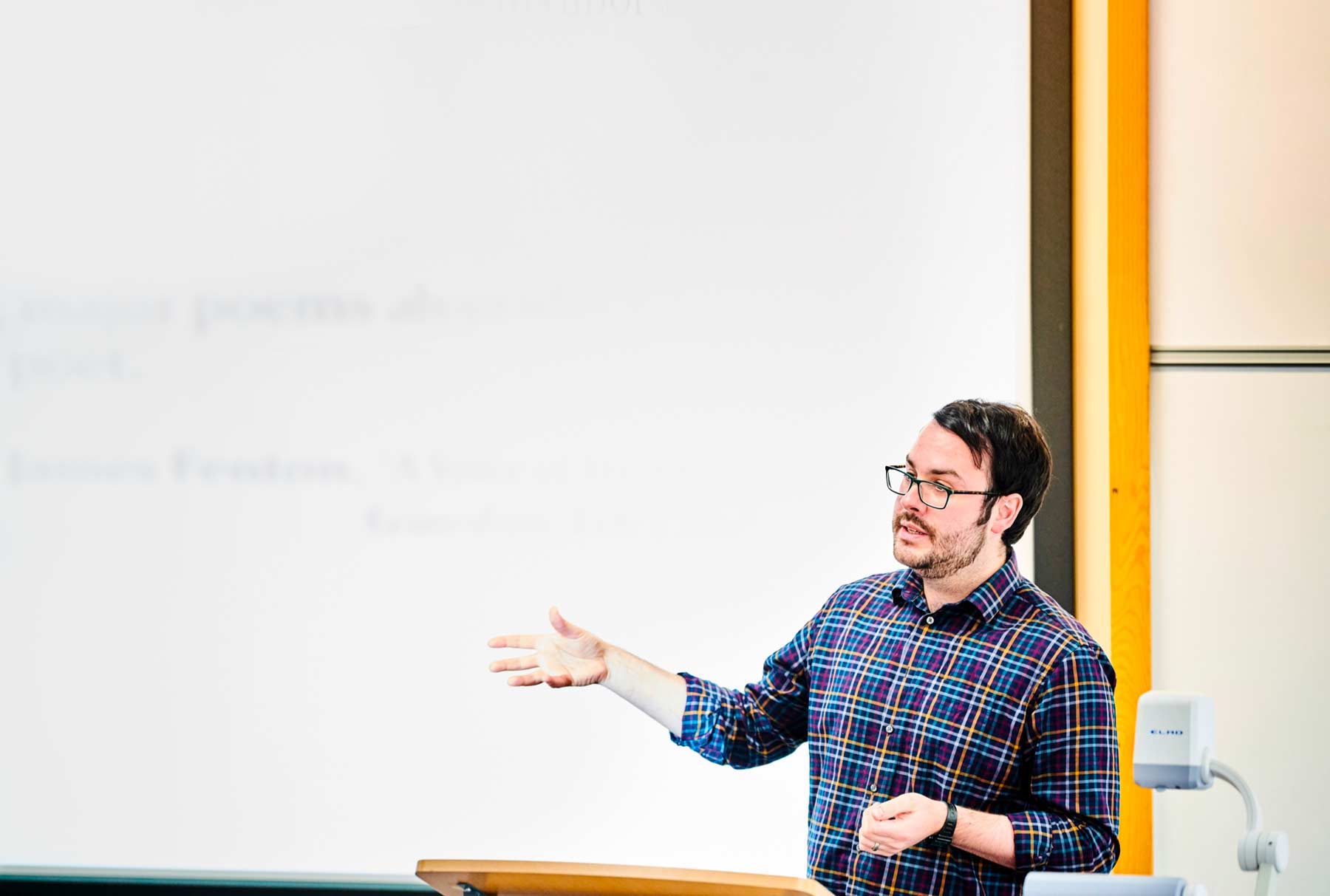Logo
School of Education, Communication and Language Sciences
- About Us
- Study with Us Study with Us
- Undergraduate
- Postgraduate Taught
- Postgraduate Research
- International Students
- Lifelong Learning and CPD
- Educational Leadership Centre
- Our Programmes
- News Stories
- Educational Leadership Centre Blog
- Middle Leadership Collection (external link)
- Middle Leadership Blog Series Reflection Post 1
- Middle Leadership Blog Series Theory Post 1
- Middle Leadership Blog Series Case Study Post 1
- Middle Leadership Blog Series Reflection Post 2
- Middle Leadership Blog Series Theory Post 2
- Middle Leadership Blog Series Practice Post 1
- Middle Leadership Blog Series Case Study Post 2
- Middle Leadership Blog Series Theory Post 3
- Middle Leadership Blog Series Practice Post 2
- Higher Education Practices Collection
- Lifelong Learning Collection
- Educational Policy Collection
- Middle Leadership Collection (external link)
- Educational Leadership Centre
- Teaching and Learning Highlights
- Visit Us
- Our ResearchOur Research
- Research Themes
- Pedagogic Innovation
- Technology and Education
- Phonetics and Phonology
- Professional Learning and Practice
- Intercultural Communication
- Children's Speech and Language
- International Development and Global Education
- Social Interaction and Professional Communication
- Language, Cognition and Communication Disorders
- Social Justice and Education
- Language Education
- Research Impact
- Research Highlights
- Research Environment
- Get Involved
- Current Projects
- Research Themes
- Current students
- News & Events
- Engagements & Partnerships
- Our People
